People with high blood pressure should focus on a diet rich in fruits, vegetables, whole grains, lean proteins, and low-fat dairy products.
Additionally, foods rich in potassium, including bananas, also help lower blood pressure, according to Eating Well .
Nutritional composition of bananas
Bananas are packed with essential nutrients that promote health, such as potassium, magnesium, and vitamin C.
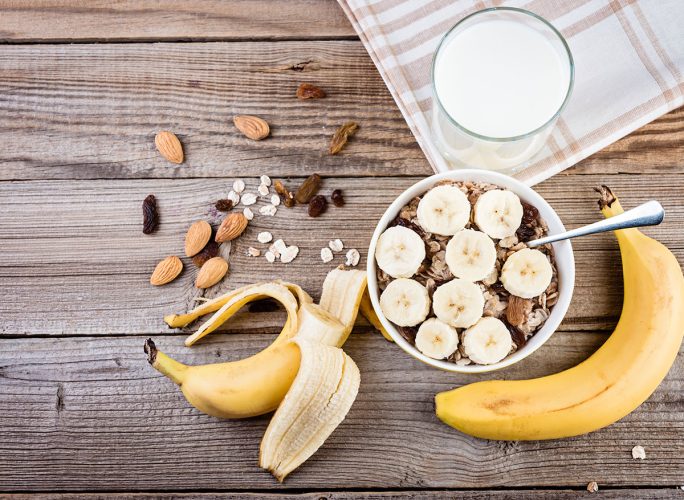
Bananas can help lower blood pressure
Potassium plays a key role in regulating blood pressure and maintaining heart health. Magnesium supports muscle, nerve, and cardiovascular function. Meanwhile, vitamin C has antioxidant properties, helping to protect cells from damage and boost the immune system.
An average banana contains about 400 to 450 milligrams of potassium, which helps balance out the sodium in your diet. According to the American Heart Association (AHA), high sodium intake can increase blood pressure. Fortunately, potassium can relax blood vessel walls and increase sodium excretion through urine.
Furthermore, bananas are also rich in antioxidants such as vitamin C and catechins, which help improve endothelial function and contribute to lower blood pressure.
A 2022 study in the journal Food Science & Nutrition also found that the fiber content in bananas, especially soluble fiber like pectin, can help regulate blood pressure by reducing cholesterol levels and improving heart health.
However, Caroline Young, a nutritionist in the US, warns that consuming foods containing potassium, including bananas, can be dangerous for people with kidney disease.
Recommended intake of bananas
Although each food has its own nutritional content and benefits, we must eat them in moderation. Bananas have many benefits for heart health, but eating too many bananas will increase the calorie level and potentially eliminate the benefits.
Normally, you can eat up to 1 to 2 medium-sized bananas per day. This amount of banana will provide your body with the necessary amount of potassium, fiber and nutrients without causing any side effects.
Because everyone's potassium needs are different, people with high blood pressure should see their doctor to find out the exact amount of potassium they need, says Caroline Young.
Source link



![[Photo] Closing ceremony of the 18th Congress of Hanoi Party Committee](https://vphoto.vietnam.vn/thumb/1200x675/vietnam/resource/IMAGE/2025/10/17/1760704850107_ndo_br_1-jpg.webp)




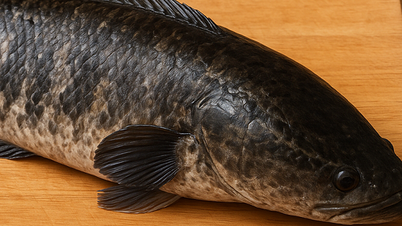


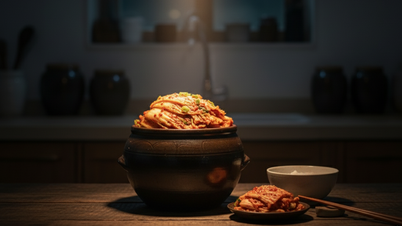


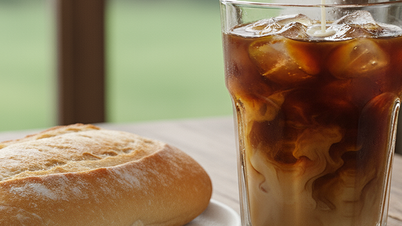





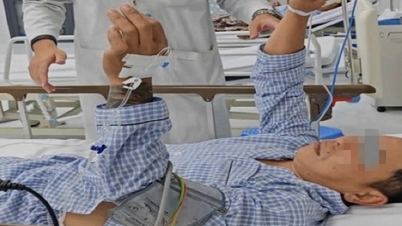











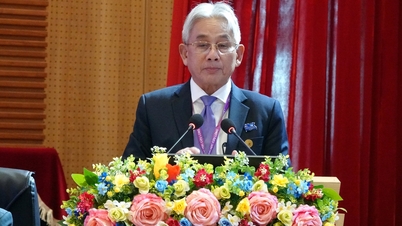

![[Photo] Nhan Dan Newspaper launches “Fatherland in the Heart: The Concert Film”](https://vphoto.vietnam.vn/thumb/1200x675/vietnam/resource/IMAGE/2025/10/16/1760622132545_thiet-ke-chua-co-ten-36-png.webp)



























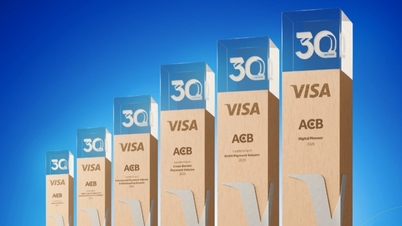












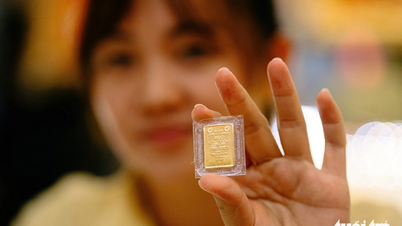




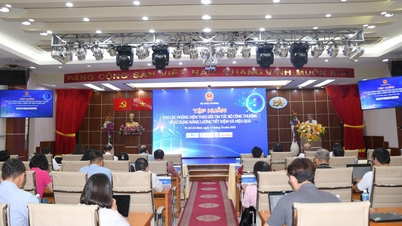































Comment (0)